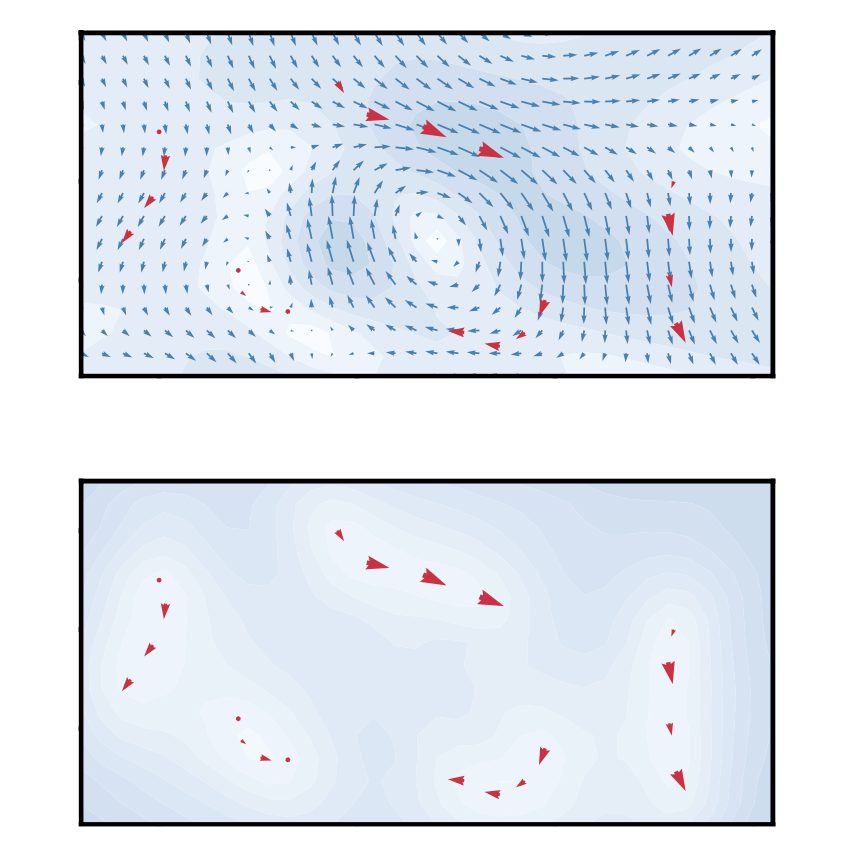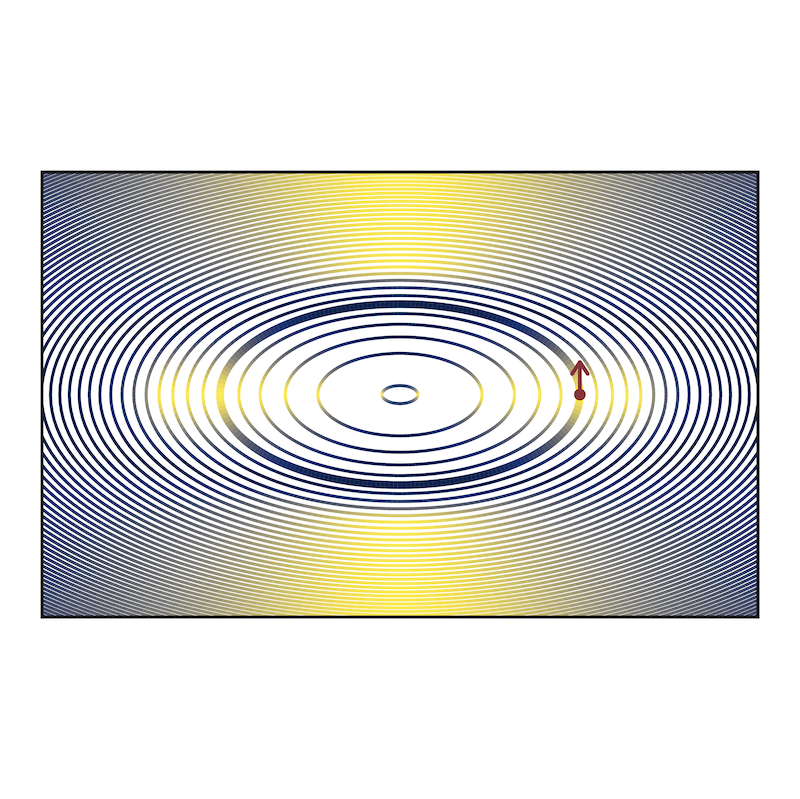
Office A-544
Maria-von-Linden-Str. 1
D-72076 Tübingen
Marvin Pförtner
I am a PhD student in Philipp Hennig’s group at the University of Tübingen and the International Max Planck Research School for Intelligent Systems (IMPRS-IS). My research interests lie at the intersection of Bayesian machine learning and numerical analysis. More specifically, my work revolves around
- algorithms for scalable (approximate) Gaussian process inference,
- Gaussian process theory (sample path properties, Gaussian measure theory),
- probabilistic numerical methods for partial differential equations, and
- Bayesian deep learning with Laplace approximations.
I’m also interested in applications of all the above to scientific inference tasks.
I like to tackle problems using the framework of matrix-free (probabilistic) numerical linear algebra, which often leads to elegant and efficient algorithms.
news
| Aug 12, 2025 | I will present our work on Constructive Disintegration and Conditional Modes at ProbNum 2025. |
|---|---|
| Jun 6, 2025 | I will present our work on uncertainty quantification for neural operators (spotlight) and Laplace approximations in JAX (CODEML workshop) at ICML 2025 in Vancouver, Canada. |
| Mar 12, 2025 | I will present our work on Computation-Aware Kalman Filtering and Smoothing at AISTATS 2025 in Mai Khao, Thailand. |
selected publications
-
 In Advances in Neural Information Processing Systems, 2024
In Advances in Neural Information Processing Systems, 2024


